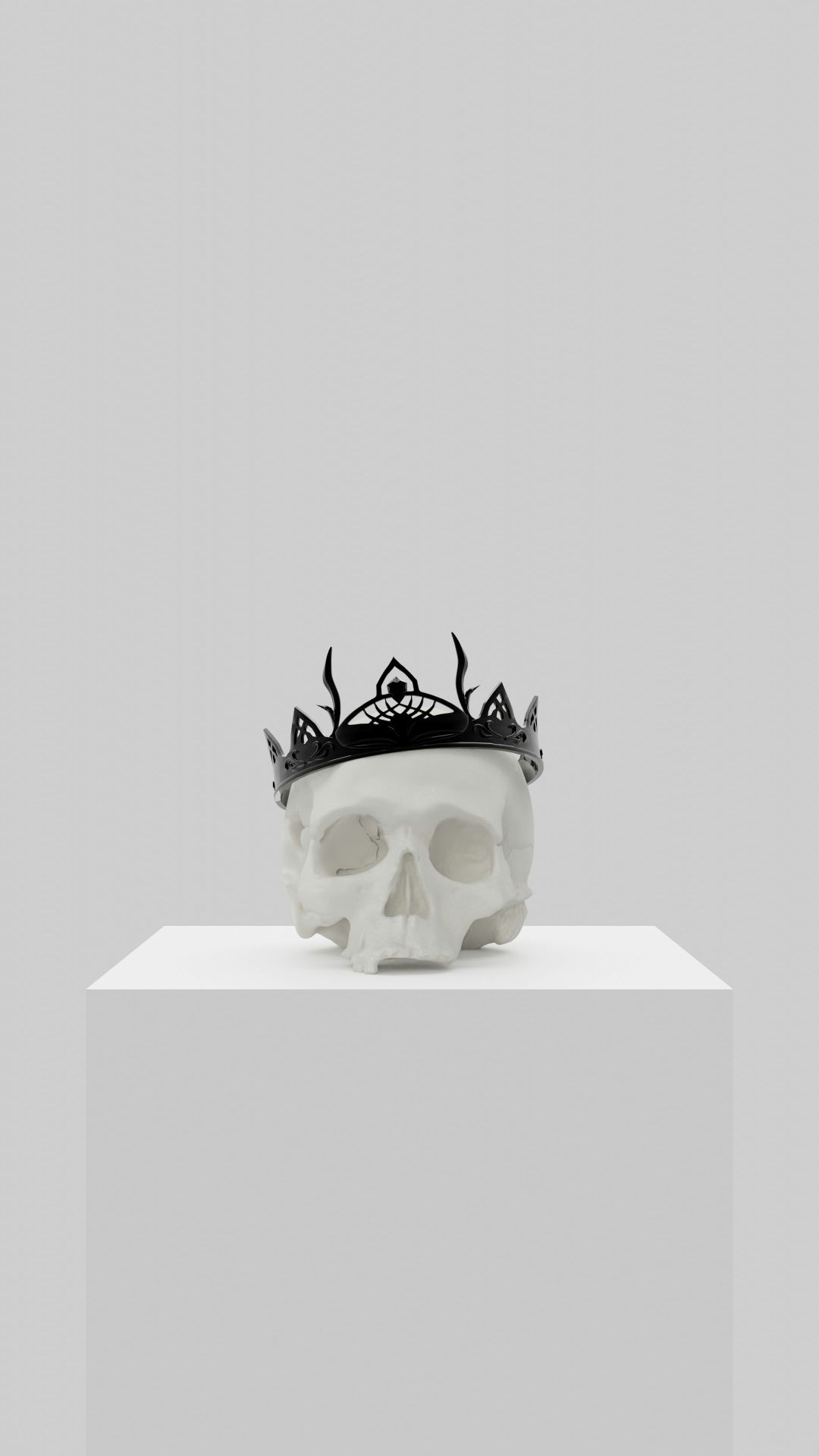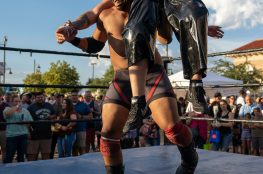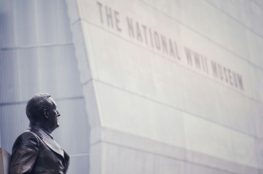In 1783, when it was clear that we had won our independence from Great Britain, Congress decided to fuck the army. Go figure. Same old - same old.
The refusal to pay the troops their back earnings and pensions, for service rendered, caused a mutinous officer Corp to March on Philadelphia to overthrow our sovereign government. Washington, famously, stopped them. When he got wind of the mutiny he convened his officers, and unable to read his speech, he fumbled in his pockets for his readers.
"Gentlemen, you will permit me to put on my spectacles, for, I have grown not only gray, but almost blind in the service of my country."
Men, hardened battle veterans, openly wept at this humble entreaty to their humanity. This, from a leader who risked everything to gain the people's sovereignty over our collective affairs. A few months later George Washington relinquished his command in a ceremony capped by his dutiful return of his sword to its rightful owners, the Congress of the United States.
Washington's selfless acts epitomize a strength that is admirable in human beings: nobility. The acknowledgment that the greater good supersedes mere prurient self-interest. Washington believed he was a servant of the public, of the republic.
On the flip side, there are those who serve no one and nothing but their own cause. They tend to project their own susceptibility to avarice, and their readiness to reject convention to have their way with the rest of the population. They believe that only a strong leader can wrestle the mob into line. There exists an impulse among humans to unilaterally take over the proceedings and dictate the results. The oldest child does it; dads and moms do it; politicians do it; and Outlaws are born to do it.
It never goes well for any polity when the people give into the desire to allow a clique to dictate the terms for the rest of us. To own the present. Just ask our ancestors. Ask the 18th century French or the 20th century Germans, or their little brothers, the fascist Italians. The ‘diktat’ to define the future and the past comes on the ballot, too.
Today, I listened to three hours of oral argument before the Supreme Court. On the docket: unlimited immunity for the President of these united states. Is he is, or is he isn't, a king. The sophistry of the (so called) conservative wing of the court was as telling as it was depressing. The bottom line of their query seemed to be this: if a President must consider his exposure to criminal prosecution, will he hesitate to take an action that may benefit the nation?
The (so called) liberal wing turned this on its head: if a President is relieved of any consequences for his actions will he become a criminal dictator?
In a time of kings, Washington could have become one, actually twice. Once at the end of the war and again at the end of his presidency. Even George III is said to have commented, "He will be the greatest man in the world," if he gives up power.
Oh, what is the Supreme court about to do? Will they create an elected dictatorship. If so, how long will the word "elected" qualify this new republican, with a small “r,” dictatorship. History, as it so often does, provides the answer.
Herodotus wrote, "In a democracy, there is, first, that most splendid of virtues, equality before the law." Alcibiades launched a populist coup to rid Athens of its 100 year old democracy. Julius Caeser launched a populist coup to rid Rome of its 482 year old republic. Napoleon led a populist coup against the deeply flawed French republic. Then he abolished the 1,100 year old Republic of Venice. Prior to that, royalists ended the 216 year old Dutch Republic. Both Hitler and Mussolini were elected by populist forces. Both scrapped their republics.
Where does that leave us in 2024, in these United States? Immune to history? I don't think so. Franklin, famously, if not apocryphally, responded to the following question proffered by Elizabeth Willing Powel in 1787, as Franklin walked out of the constitutional convention,
"Well, Doctor, What have we got, a republic or a monarchy?"
To which the man, who like Washington, risked all to create our new republic said, "A republic, Madam. If you can keep it."
My fingers are crossed for America. But I fear the worst.



